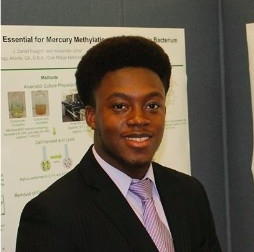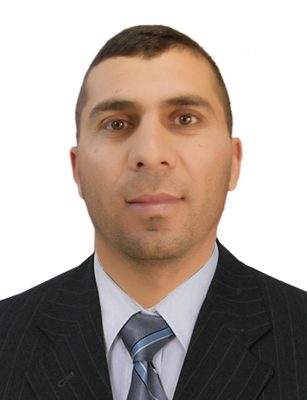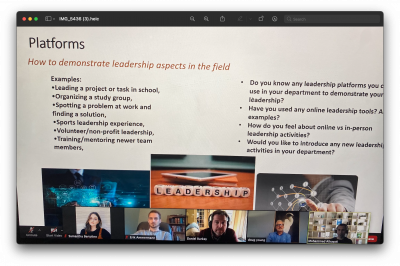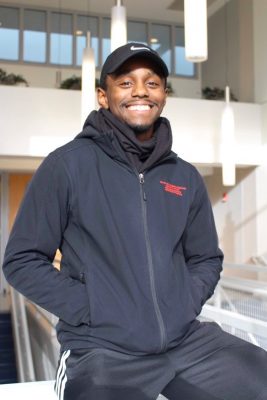
Pierredens Fils is a third-year Ph.D. student studying Structural Health Monitoring through civil and environmental engineering.
Born in Haiti, Fils came to America at a very young age. He grew up learning Creole and English simultaneously and observes each as being structural to his identity.
His first research experience—at Oak Ridge National Laboratory—was around climate impacted buildings. While there, he focused on re-designing climate zones for the optimization of energy consumption. This gave him a taste for discovering new things, all while getting his hands dirty.
He finds that the experience “set a foundation for self-learning, as well as navigating computational lab work.” Though he planned to “wash his hands of it and return to design,” he found himself fully engaged in the research.
Fils currently focuses on damage identification and quantification methods for civil structures. He identifies the undamaged state of buildings or materials to quantify the extent of the damage. Through a collection of parameters and techniques, he looks at developing algorithms using Radio Frequency Identification (RFID) sensors to conduct damage monitoring.
His experience at John Lof has allowed Fils to “step outside of this research while developing other important skills.” As previous Public Speaking Committee Chair and current Financial Director, he finds that he has grown his confidence considerably over the last two years.
He says of the Academy, “it caters to case-specific needs, and really forces introspection.” It’s about pushing the boundaries of comfort and learning to advocate. “There is no better way to help yourself, than to look inward.”



